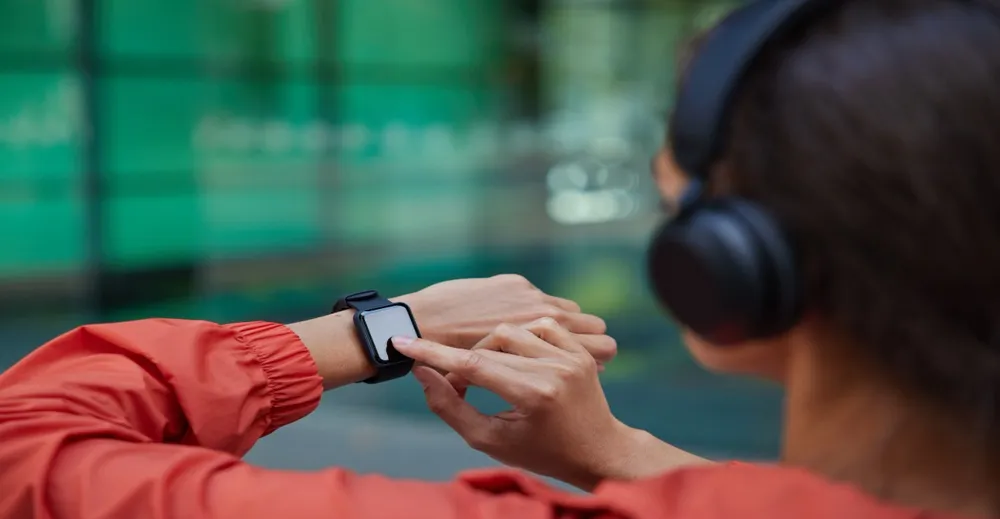AI and Hollywood: Shaping the Future of Entertainment

Introduction
The timeless allure of Hollywood, a world of glitz, glamour, and iconic storytelling, is now at a crossroads, where traditional creativity meets the cutting-edge innovation of artificial intelligence (AI). The convergence of these two seemingly disparate worlds has given rise to a compelling debate within the entertainment industry, fueled by a potent mix of fascination and apprehension. As AI-generated content becomes more prevalent, the glittering lights of Hollywood illuminate not only the potential for revolutionizing filmmaking processes but also the ethical and artistic challenges that lie ahead. This article delves into the profound impact AI is having on Hollywood, encompassing its implications for scriptwriting, pre-production, special effects, actors, writers, intellectual property, and the very essence of storytelling.
AI's Evolution in Hollywood: A Revolution in the Making
- AI-Powered Scriptwriting:
- Efficiency in Pre-Production:
- AI's Intellectual Property Implications:
- AI and the Art of Storytelling:
- Creativity and Authenticity: A Vital Connection
- Social and Economic Repercussions: The Changing Workforce
- The Imperative of Diversity in AI: Shaping Narratives Responsibly
- The Balancing Act:
- AI-Based Forecasting Market: https://www.knowledge-sourcing.com/report/ai-based-forecasting-market
- AI In Music Market: https://www.knowledge-sourcing.com/report/ai-in-music-market
- Artificial Intelligence (AI) Text Generator Market: https://www.knowledge-sourcing.com/report/ai-text-generator-market
Get in Touch
Interested in this topic? Contact our analysts for more details.
Latest Thought Articles

Top OSAT Companies Driving Semiconductor Assembly and Test Services Worldwide
Recently
EV Charging Stations Market Outlook: Smart Charging, Fast Charging, and Regional Expansion
Recently
Future of Corporate Wellness: Global Trends and Regional Outlook
Recently
Regional Breakdown of the Mechanical Keyboard Market: Who Leads and Why?
Recently